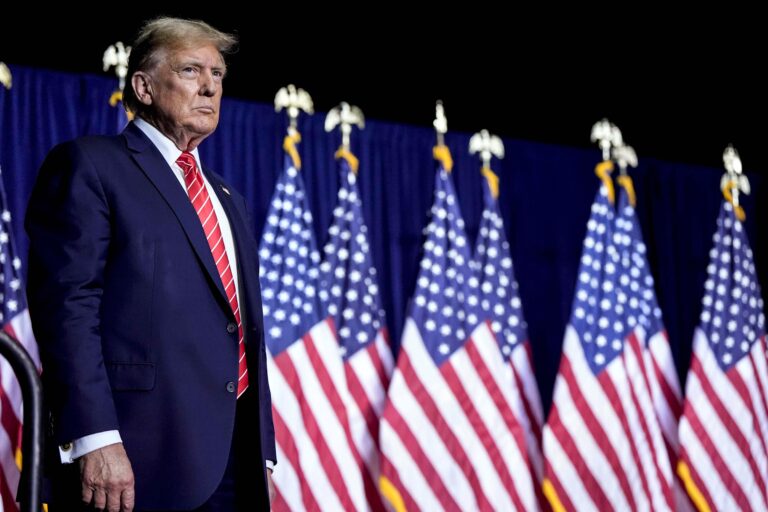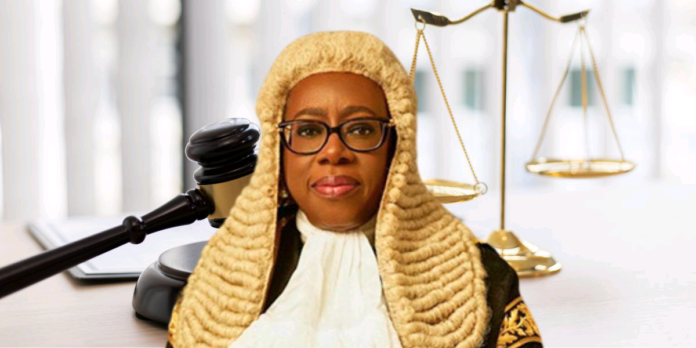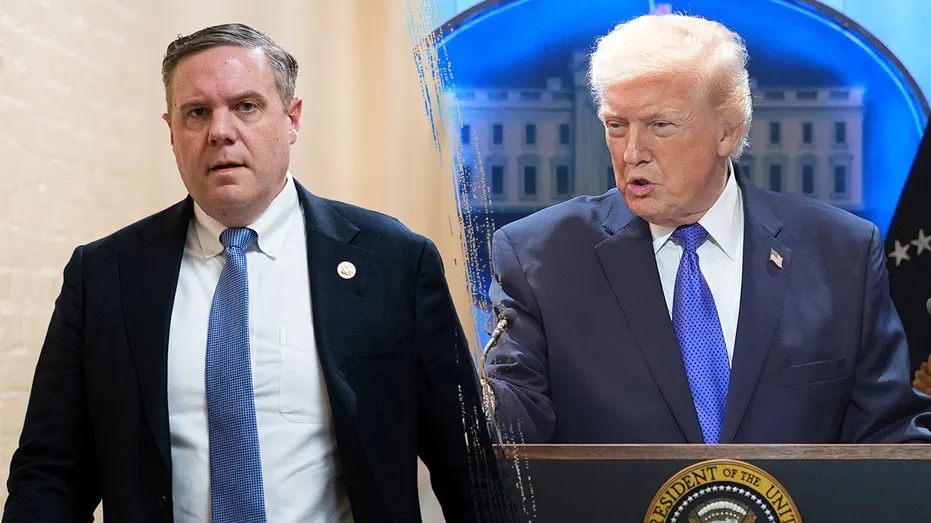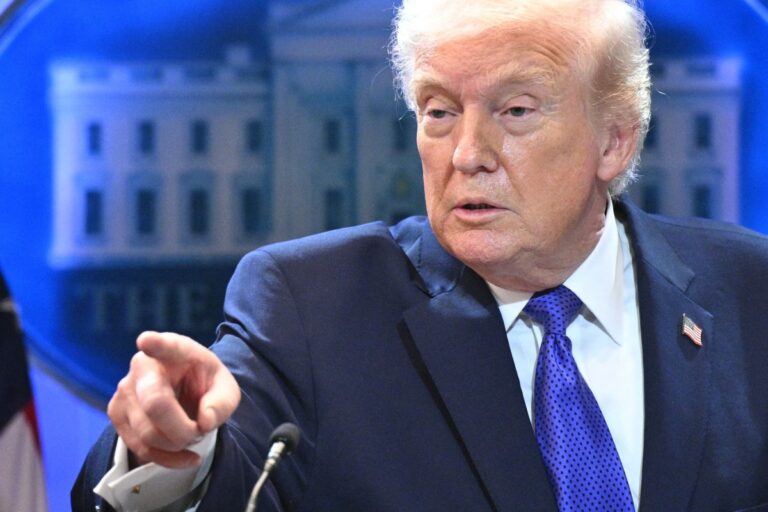A motion filed by former US President Donald Trump to dismiss a case involving classified documents in Florida has been rejected by Judge Aileen Cannon. Trump’s legal team contended that the criminal charges, based on the Espionage Act, lacked clarity. However, Judge Cannon deemed siding with Trump on this matter as an “extraordinary step.” Another motion, asserting that former presidents are immune from record-keeping regulations, remains pending for Judge Cannon’s ruling. Trump, who has pleaded not guilty to 40 criminal charges related to the case, was present at Thursday’s hearing.
On his social media platform, Truth Social, former President Donald Trump labeled the case against him as a witch hunt, highlighting the significant turnout of supporters outside the Fort Pierce court. Meanwhile, in a separate development on Thursday, Manhattan District Attorney Alvin Bragg requested a 30-day postponement for Trump’s trial in New York.
The trial pertains to charges of business fraud related to a hush money payment to an adult film star. Originally scheduled to commence on March 25, Bragg cited the need for additional time to review 31,000 pages of recently obtained evidence from federal prosecutors. In the Florida case, prosecutors assert that Trump kept classified documents at his Mar-a-Lago residence. They accuse him of obstructing the Justice Department’s attempts to recover the files and submit them to the National Archives.
During Thursday’s hearing, Judge Cannon, who was appointed by former President Trump, considered a motion from his legal team seeking to dismiss the case. The motion argued that the criminal charges under the Espionage Act were “unconstitutionally vague.”
Judge Cannon ruled that the motion was premature and should be addressed during a jury trial. The prosecution, led by special prosecutor Jack Smith, described the argument put forth by Trump’s lawyers as “meritless” in written briefing submitted to the court.
The judge opted not to make an immediate decision on the second motion put forth by Mr. Trump’s legal team, stating that she would provide a ruling “promptly.” This motion pertains to the Presidential Records Act, which mandates the transfer of documents to the National Archives.
Trump’s attorneys contend that he possessed the authority to designate these classified records as personal documents due to his “unreviewable discretion.” However, Judge Cannon expressed skepticism regarding this argument, indicating that while the defense may have a valid point, it should be examined during the trial process.
Additionally, Mr. Trump’s legal team has submitted several other motions seeking dismissal of the case, which will be addressed at a later stage.
Both sides involved in the Florida case have agreed that the trial, currently slated for May, will need to be rescheduled. Special prosecutor Mr. Smith has proposed a start date in July, while Mr. Trump’s legal team has suggested August.
During the hearing, Mr. Trump’s co-defendants, aide Walt Nauta and Mar-a-Lago property manager Carlos De Oliveira, were also in attendance. Allegations state that the former president stored boxes of classified material in various locations within his Florida club, including a shower, a bathroom, a ballroom, and his bedroom.
Prosecutors contend that some of the documents pertained to nuclear weapons programs and exposed vulnerabilities to potential military attacks on the United States.



























